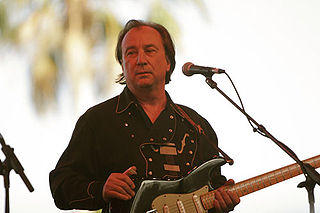A Quote by Aaron Sorkin
If you lined up 10 writers and asked them to write a movie about Steve Jobs, you'd get 10 very different movies.
Related Quotes
I didn't like the tone of Steve Jobs [movie] [2015] at all. It was very ugly, kind of rude. I didn't laugh, it was very uncomfortable. It seemed like all the worst moments of his life. It was very critical of Steve Jobs as a person, and it didn't make for a comfortable viewing experience for me. But I guess I don't know who Steve Jobs is, and I guess I didn't know what I was gonna go see. I thought it was gonna be celebrating the rise of Apple, but it wasn't that at all.
Christian audience, I think, have grown very tired of movies that try to pander to them. For instance if someone goes, "Ok, we're designing what we're going to do with this movie. It's a Christian movie and they'll eat it up." And you know what? Consumers are smarter than that. They go, "The movie isn't that great and he thought that I would just be a sucker and plop my $10 down for it?" Because you're looking down at the audience. You can't pander to an audience.




































